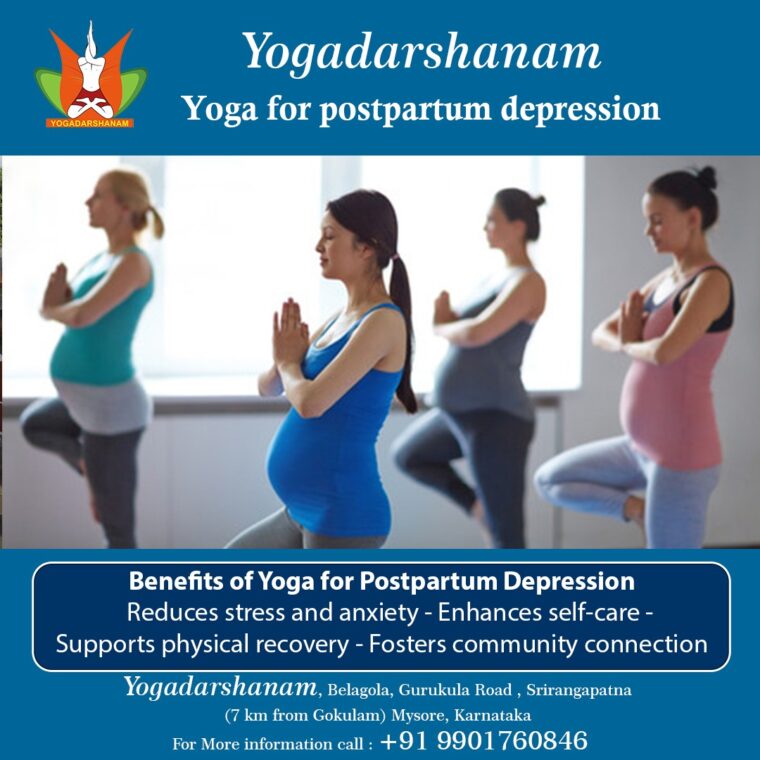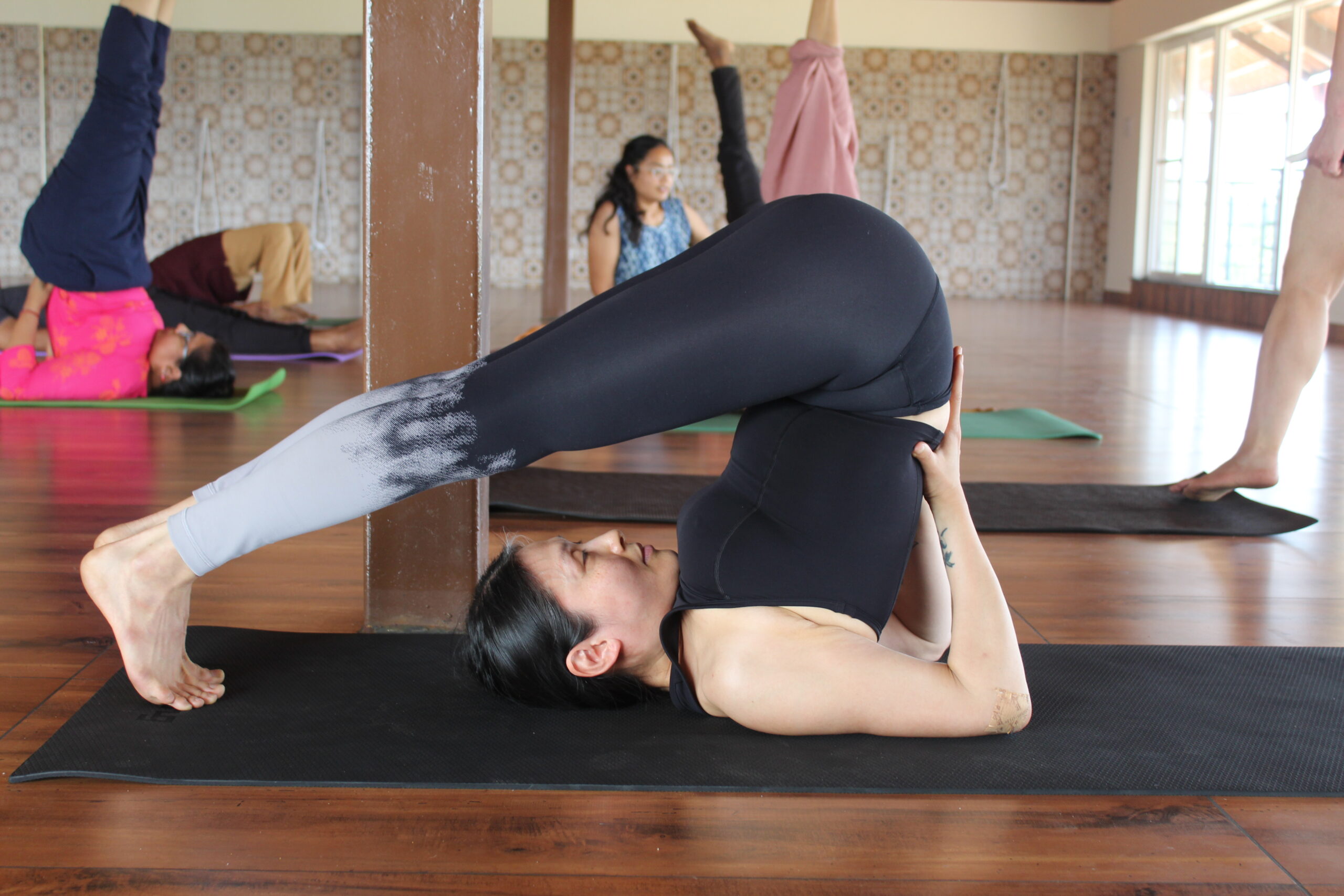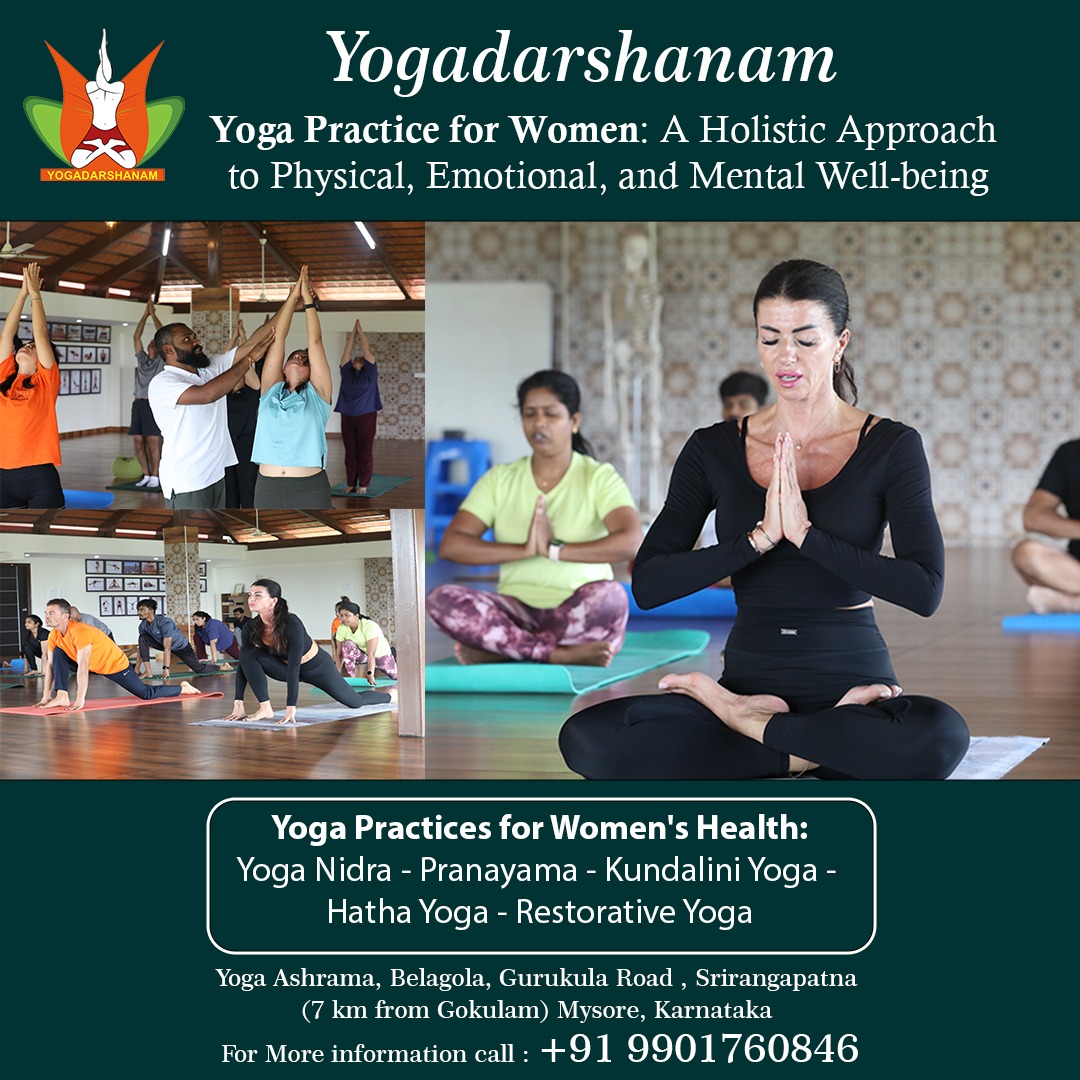Yoga for Women / Postnatal Yoga — 12/24/2024
Yoga for Postpartum Depression
Yoga for Postpartum Depression: A Holistic Approach to Healing. Postpartum depression (PPD) is a common condition affecting many new mothers. Yoga can be a valuable tool in managing PPD symptoms, promoting emotional healing, and enhancing overall well-being.
Benefits of Yoga for Postpartum Depression:
- Reduces stress and anxiety: Yoga helps alleviate stress and anxiety, common triggers for PPD.
- Improves mood: Yoga releases endorphins, also known as “feel-good” hormones, which can help improve mood and reduce symptoms of depression.
- Enhances self-care: Yoga encourages self-care and self-compassion, essential for new mothers navigating the challenges of parenthood.
- Supports physical recovery: Yoga can aid in physical recovery after childbirth, improving flexibility, strength, and overall physical well-being.
- Fosters community connection: Yoga classes provide a safe space for new mothers to connect with others, reducing feelings of isolation and loneliness.

Best Yoga Poses for Postpartum Depression:
- Child’s Pose (Balasana): Promotes relaxation, reduces stress, and fosters a sense of calm.
- Downward-Facing Dog (Adho Mukha Svanasana): Stretches the entire body, improving flexibility and reducing tension.
- Warrior Pose (Virabhadrasana): Empowers and strengthens, promoting confidence and self-esteem.
- Seated Forward Fold (Paschimottanasana): Stretches the back, neck, and shoulders, releasing physical tension.
- Savasana (Corpse Pose): Encourages deep relaxation, reducing stress and anxiety.
Breathing Techniques for Postpartum Depression:
- Alternate Nostril Breathing (Anuloma Viloma): Balances the breath, calming the nervous system.
- Kapalabhati Breathing: Stimulates the digestive system, improving energy and reducing fatigue.
- Bhastrika Breathing: Invigorates the body, reducing stress and anxiety.
Tips for Practicing Yoga with Postpartum Depression:
- Start slow: Begin with gentle, restorative yoga practices, gradually increasing intensity and duration.
- Listen to your body: Honor your physical limitations, taking regular breaks to rest and recharge.
- Find a supportive community: Join a postpartum yoga class or online community, connecting with others who understand your experiences.
- Practice self-compassion: Treat yourself with kindness, patience, and understanding, just as you would a close friend.
Remember, yoga is not a replacement for medical treatment or therapy. If you’re experiencing symptoms of postpartum depression, consult with a healthcare professional for proper diagnosis and treatment.




